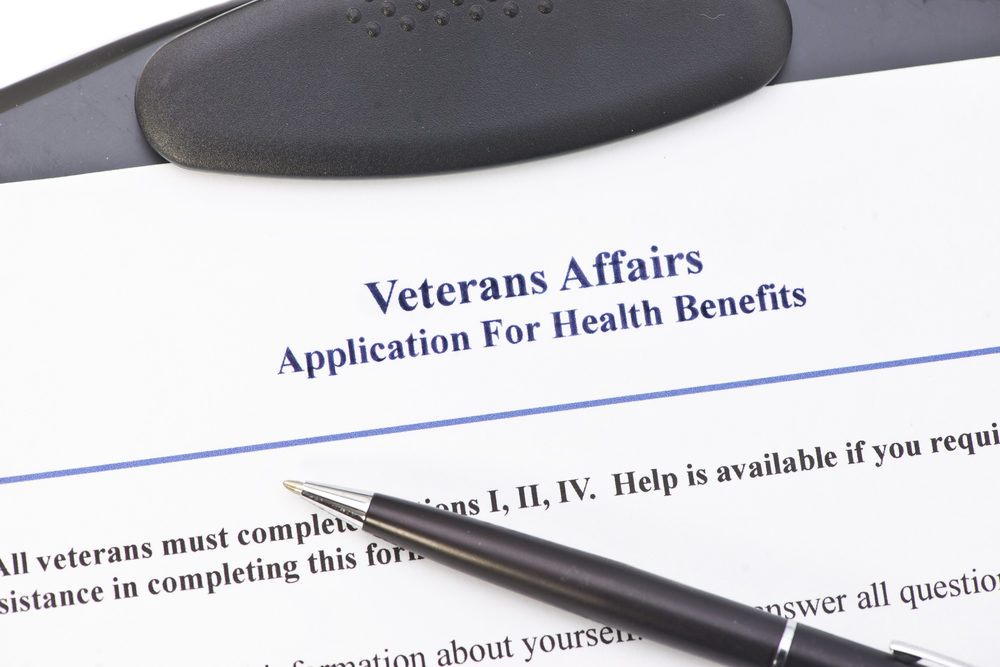
By Jason D. Lazarus, J.D., LL.M., MSCC, CSSC
While much more attention is paid to Medicare, ERISA and other lien types, federal reimbursement rights of military programs should be on a trial lawyer’s radar. With a rise in those serving in the US military abroad leaving their families at home, claims involving these plans are rising. There are three different types of coverages available to those in the military and their dependents/survivors. First, the Veterans Health Administration delivers healthcare insurance to eligible and enrolled veterans encompassing both inpatient and outpatient services at their facilities. Second, ChampVA is health insurance provided through the Civilian Health and Medical Program of the Department of Veteran Affairs for the spouse or child of a Veteran with disabilities or a Veteran who has died. Third, Tricare is the Department of Defense’s health care program for active-duty and retired service members and their families. The legal starting point for reimbursement claims when it comes to the military is the Federal Medical Care Recovery Act (FMCRA). It is found at 42 U.S.C. §§ 2651-2653 and provides the federal government with the right to recover the medical expenses incurred for medical care of an injured beneficiary when there is a liable third party. Under this act, the United States has a right to recover the reasonable value of the care and treatment from the person(s) responsible for the injury. It is noteworthy that there really is no “military lien” and instead a direct cause of action against the third party under FMCRA. In addition, 10 U.S.C. §1095 is the basis upon which the government relies to recover from liable third parties and requires the beneficiary to protect its interests. The government, through these military healthcare programs, demands that plaintiff attorneys sign protection agreements to acknowledge the claim and protect the interests of the federal government. Signing these types of agreements is generally not advisable for the reasons I outline below. Accordingly, health insurance coverage under the Veterans’ Administration (VA), ChampVA and Tricare all have recovery rights under FMCRA and other provisions of the federal law.
The VA’s recovery rights come from 38 U.S.C. § 1729 and FMCRA (42 U.S.C. §§2651 – 2653) and allows them to, after rendering treatment, pursue recovery provided that is connected to a compensable third-party claim. Under federal law, the VA has both an independent right of recovery from responsible third parties and a right of subrogation, assignment and ability to intervene or join a beneficiary’s claim. According to § 1729 of the United States Code, “the United States has the right to recover or collect reasonable charges for such care or services (as determined by the Secretary) from a third party to the extent that the veteran (or the provider of the care or services) would be eligible to receive payment for such care or services from such third party if the care or services had not been furnished by a department or agency of the United States.” When care is received at a military or VA facility, there can be significant delays in resolving their claim because you must request that a bill be generated. These requests can take 60 days or more to process. There are forms for this kind of request included on the VA’s website.[1] If you want to request a compromise or waiver of a VA subrogation claim, you must provide the amount of settlement, attorney’s fees and costs, other medical claims and reductions and overall policy limits available. . There are three tiers of review for compromise/waiver requests. Tier one is the Revenue Law Group who must approve requests for a compromise or waiver on claims between $1 and $300,000. Tier two is the DOJ who must approve requests for compromise or waiver on claims between $300,000 and one million dollars.[2] Tier three is The Office of the Attorney General who must approve all requests for compromise or waiver on claims greater than one million dollars.[3]
Tricare is similar to the VA as its recovery rights are governed by the same federal law provisions as the VA (38 U.S.C. §1729 and 42 U.S.C. §§2651 – 2653) along with 32 C.F.R. . §199.12. And like the VA, Tricare also has both a right of subrogation and an independent right of recovery from responsible third parties. While Tricare doesn’t require set asides, Section 199.12 states “[n]o TriCare-related claim will be settled, compromised or waived without full consideration being given to the possible future medical payment aspects of the individual case.” So, these regulations do allow Tricare to include future medical related to the personal injury claim as part of their recovery claim. Tricare claims are generally resolved through the JAG office where the military serviceman is posted. While “made whole” and “common fund” doesn’t apply to subrogation claims under FMCRA, reductions may be granted when there is an undue burden placed upon the injured party.
Two problematic issues come up with military reimbursement claims. The first issue relates to attorney fees and Tricare. The military’s official position is stated in their form protection agreement which states in pertinent part that “Title 5, United States Code, Section 3106, prohibits the payment of a fee for representing the Government.” It goes on to state, ‘[f]urther, as the claim of the Government is an independent cause of action rather than a lien on any settlement or judgment obtained by the injured party, any contingent fee arrangement with the injured party applies solely to the client’s claim and not to the Government’s portion of the recovery.” In resolving a reimbursement claim with the military, one will have to navigate the issue of fees and costs as applied to the whole settlement versus the amount less the “Government’s portion of the recovery.” Arguably, you can take your whole fee if you refuse to sign the protection agreement, but you will get pushback from the JAG officer you will be dealing with to resolve the military’s claim when requesting a compromise or waiver of the military’s claim.
The second issue is whether the military has a claim against first party auto insurance policies. The question of whether the military has a right to recover its claim for medical expenses against UM is determined by the UM policy’s language. FMCRA does not directly provide the government with a right to recover its claim against first party insurance proceeds. This issue was addressed in Government Employees Ins. Co. v. Andujar[4] which arguably, properly, held that the U.S. military didn’t have a reimbursement claim directly against UM proceeds under FMCRA. Under FMCRA, as discussed above, the government’s claim is only against the tortfeasor. In Andujar, neither the injured party or their UM insurer were considered the tortfeasor and accordingly there was no right to recover from the UM auto policy proceeds. It is also important to note that in Andujar, there was specific policy language in the automobile insurance contract that stated the government was not covered by the policy. Accordingly, the result can be different where the automobile policy provisions protect the government or where applicable state law provides that protection. So, an important part of the analysis when dealing with a reimbursement claim by the military is the express language of the automobile policy. If the government can be considered a third-party beneficiary or insured under the automobile policy, then they may have a right to reimbursement. This is precisely what the Andujar decision turned on.
In the end, military liens are governed by the Federal Medical Care Recovery Act which provides the federal government with the right to recover the medical expenses incurred for medical care of an injured beneficiary when there is a liable third party. There are different issues that arise when it comes to Tricare and for example attorney fees reduction and whether the military has reimbursement rights from first party recoveries.
[1] https://www.va.gov/OGC/Collections.asp
[2] Id.
[3] Id.
[4] 773 F. Supp 282 (D. Kan. 1991)

Jason D. Lazarus is the managing partner and founder of the Special Needs Law Firm; a Florida law firm that provides legal services related to public benefit preservation, liens and Medicare Secondary Payer compliance. He is also the founder and Chief Executive Officer of Synergy Settlement Services, which offers healthcare lien resolution, Medicare secondary payer compliance services, public benefit preservation and complex settlement consulting.










Comments for this article are closed.